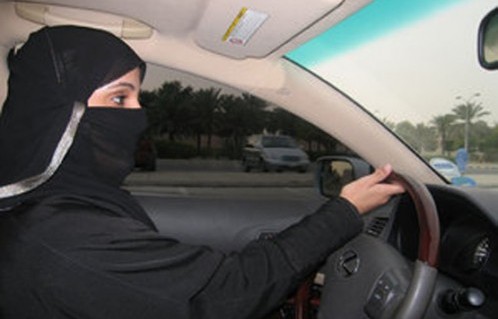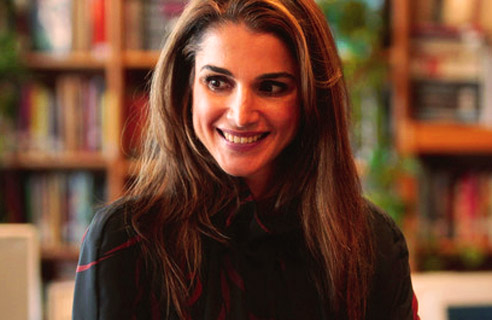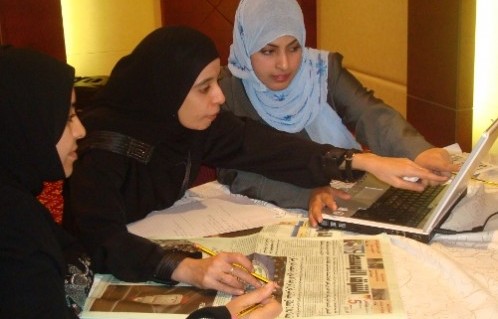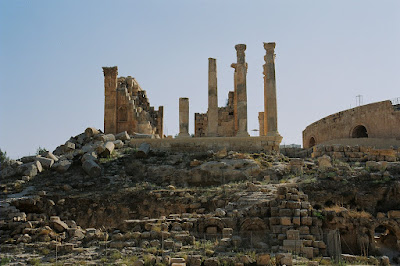If a list of the world’s recognized and beloved Monarchs/Princesses were put together it would likely read:
1. Queen Elizabeth, 2. (now) Princess Kate 3. Queen Rania.
While her husband might not possess the same magnetism and charisma, King Abdullah is a pretty well appreciated royal figure and leader in his own right. After all, he has only successfully further developed the Hashemite Kingdom Jordan into a peaceful and Western friendly country wedged between Israel/Palestine, Syria, Iraq and Egypt. Yet according to officialroyalwedding2011.org no dignitaries or representatives from the Kingdom of Jordan were included. Why then, didn’t their names appear on the official guest list for Friday’s upcoming Royal Wedding?
Surely, if the King of Tonga was invited (no disrespect to his majesty of the South Pacific Island), then King Abdullah and Queen Rania must have been extended an invitation right? After all, Jordan was an official British Protectorate until May 1946 and has maintained very close relations with the US and Great Britain. In fact King Abdullah spent a year in school in London and since ascending the throne has made several visits to London including a high profile visit last summer for bilateral talks on how to move forward with the idea of Palestinian statehood.
So why is it that when seemingly every other Monarch with even the most distant of ties to Britain’s once dominant world empire was invited, the Jordanian royal family was not? Were they indeed snubbed?
The answer remains a enigma that few are willing to shed light on. Earlier in the day, Hannah, a member of Buckingham Palace’s press office politely refused comment saying that that Buckingham Palace left it up to individuals to answer questions regarding the wedding. A call left for the Jordan Times – Jordan’s main English language Newspaper – was not returned and several twitters to her Majesty’s official twitter account was left unanswered as well. From talking with friends in Jordan there is a sense of disappointment and even indignity. After all King Abdullah was rated the 4th most influential Muslim in the world by The Royal Islamic Strategic Studies Center (Not to diminish the findings, but the center is based in Jordan)
What are the possible explanations then? Here are the four most likely:
1. For whatever reason, King Abdullah and Queen Rania were indeed snubbed by Buckingham Palace. Given Britain and Jordan’s close official ties, a cold-shoulder would have to come from the British Monarchy and not the Government. This however seems highly unlikely as there is no news (not even rumors) to suggest the two Monarchies are suffering from frosty feelings.
2. The official website clearly states, “The following are all confirmed attendees at the Royal Wedding as of 23rd April 2011,” making it a possibility that King Abdullah and Queen Rania have yet to respond. Again though, this explanation is also unlikely given such a late reply would come across as rude.
3. Another possible rationale could be that Abdullah and Rania do not want to attract attention and have asked that their names be withheld to avoid the fanfare. While far more plausible such a move wouldn’t fit with the family’s style and previous record of attending events.
4. Finally, the final possibility is that with unrest all around Jordan and riots and protests breaking out inside its own borders, King Abdullah may have decided it wise to let Buckingham Palace know from the beginning that he was not interested in coming to avoid being perceived as someone tied to and more concerned with the pomp and circumstance than the difficulty economic issues facing his country. This seems to make the most sense, and although slightly damaging the honor of many proud Jordanians who seem genuinely upset that Jordan has been “snubbed,” declining the invitation could help alleviate the criticism that the King and especially Rania have come under for living an elite jet-setting life style. Nevertheless, the fact that his name never appeared on the original guest list released back in February puts holes in this theory as well.
Whatever the reason, the mystery grows. Some blogs and websites claim the Jordanian Royal family is confirmed to attend while others make it a point to highlight their absence. Whether they do end up attending remains to be seen, however the strange silence and lack of information continues to raise questions as to why the plans of one of the world’s most glamorous royal couples are not better known
















